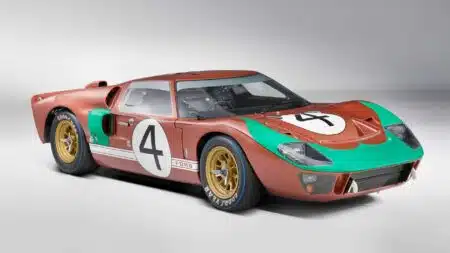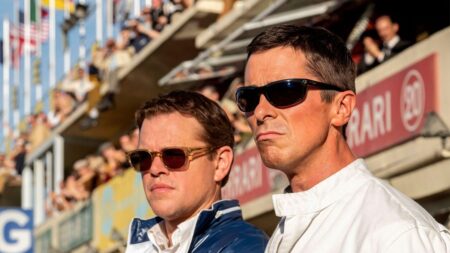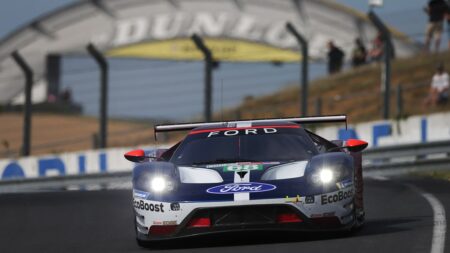
McLaren wants to win 2027 Triple Crown with Le Mans Hypercar
McLaren will enter the Le Mans Hypercar class for the very first time in 2027 – and is gunning to win motor sport's 'Triple Crown' all in one year
A new documentary’s been doing the rounds at film festivals over the last couple of months – the story of Steve McQueen’s obsession with motor racing and the making of Le Mans.
The 1971 film has always been a divisive one, with a lot of viewers complaining about a lack of dialogue or a particularly nuanced plot. But let’s face it, you don’t go to see a David Lynch movie if you want something simple, or a Michael Bay movie for its subtlety. Le Mans tells the story of a race mostly with visuals, which is no mean feat, and does it well. And those visuals still rank as some of the most beautiful racing footage ever captured.
“He used to say that he wanted to make his grandmother in Montana, who knew nothing about motor sport, understand what happened in a racing car on the Mulsanne Straight at night,” wrote the late Eoin Young in 2010. If you click the link, you’ll find that Eoin wasn’t exactly a fan of the film, but viewed in its correct context, the accepted truth that “it didn’t work” starts to ring hollow.
It might be an unpopular opinion, but Le Mans deserves a re-evaluation, away from the biases of the time and from people with feet in both racing and film-making camps. Hopefully this documentary will encourage people to do just that. At the very least, it should be a fascinating look at the crazy production of one of the most unique films of the ’70s.
It’s been a bumper year for documentaries about actors turned racers, with Winning: The Racing Life of Paul Newman hitting screens in April (Patrick Dempsey’s making a pretty good go of it at the moment, so expect someone to capitalise on that too). Plenty of you will have seen it already, but I’ll post the trailer anyway. From all accounts it’s a great film about a great man.

McLaren will enter the Le Mans Hypercar class for the very first time in 2027 – and is gunning to win motor sport's 'Triple Crown' all in one year

A Ford GT40 MkII which managed 12 laps at the famous 1966 Le Mans 24 Hours has become been auctioned for a record amount

Two of racing's biggest rivals are on collision course once more, with the Ford v Ferrari battle for overall Le Mans victory due to resume in 2027 after six decades — and Ford is already talking up the fight

Ford will develop a new top-tier sports car to compete for overall victory in the Le Mans 24 Hours and the World Endurance Championship Hypercar class from 2027 onwards, aiming to continue where its GT40 left off in the 1960s